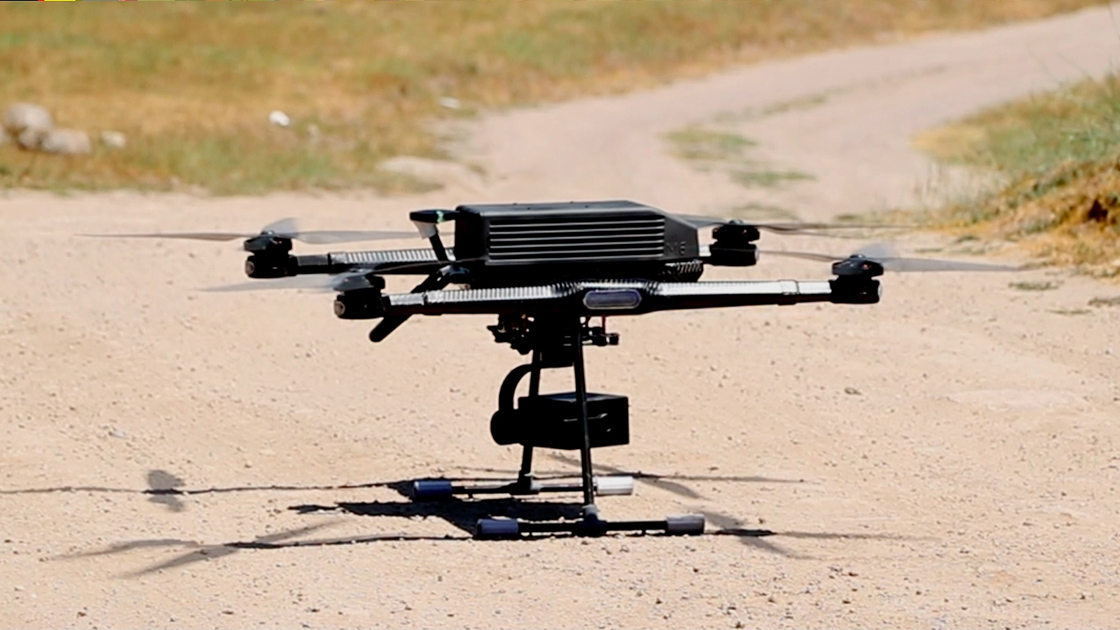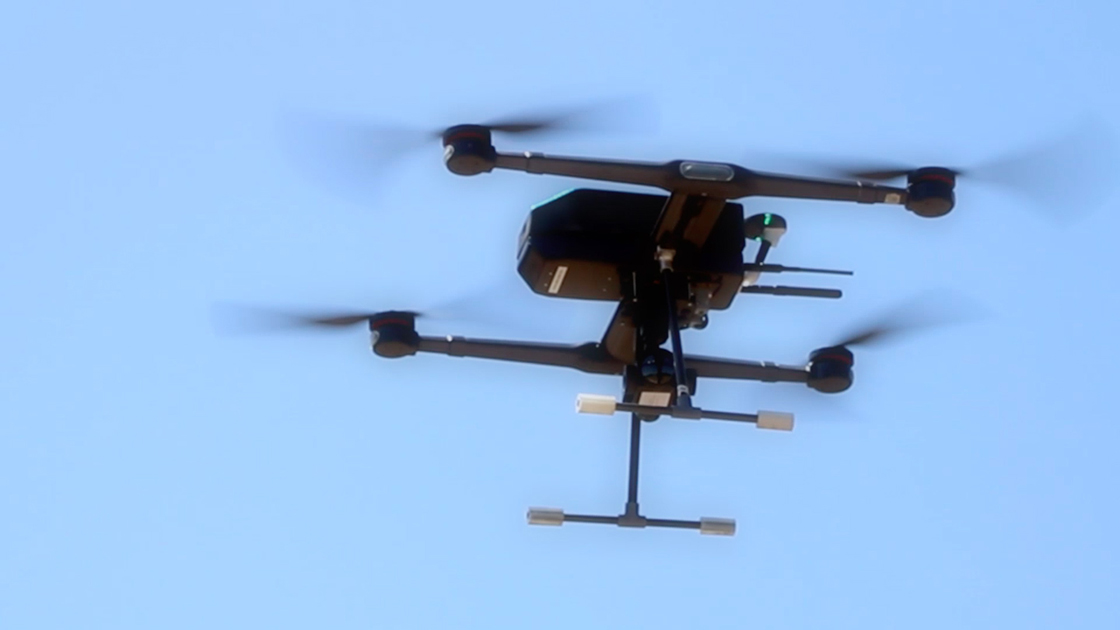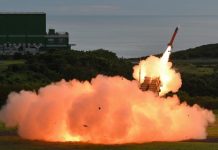Turkish company Zyrone Dynamics, which offers unique UAV solutions using advanced technologies, is preparing to ship its ZCQM multirotor mini-drone to India.
Before the end of the year, Zyrone will ship the first mini multi-rotor drone and subsequent deliveries will continue in batches until 2022. Nearly 100 drones are planned to be delivered next year by the company, reported Anadolu Agency (AA).
Mini İHA 'ZCQM' ihracat için kanatlanıyor:
• @zyronedynamics ZCQM'un ilk ihracatını yıl bitmeden yapacak
• Şirket gelecek yıl yaklaşık 100'e yakın aracın teslimatını öngörüyor
• ZCQM, uluslararası askeri sertifikasyon süreçlerini de tamamladıhttps://t.co/jCwFTi0CIs pic.twitter.com/IoxDiXVxNC— Göksel Yıldırım (@gooksel) December 10, 2021
The company will conduct demo flights for defense tenders in India in March 2022 and is also planning to expand to Far East countries.
Zyrone Dynamics has fulfilled the international military certification processes for the ZCQM platform, which was evaluated in a variety of weather conditions including the desert, sandstorms, arctic cold, heavy showers, and snowstorms, among others, and met all of the requirements for international military certification (MIL-STD-810G).

As the weather tests are now accomplished, flight tests in different environments will be undertaken. The mini multi-rotor UAV ZCQM broke its own record by reaching an altitude of 1.2 kilometers above the ground, increasing the time spent in the air by 10 minutes to 80 minutes. UAVs in this category can typically fly to a height of 400 meters.
India’s Participation
The Indian embassy in Turkey tweeted on August 18 hinting at a “new beginning”. The embassy was responding to reports that an Indian firm had invested in a Turkish drone manufacturer. On the sidelines of the International Defense Industries Fair (IDEF) in Istanbul, DCM Shriram signed a partnership agreement with Zyrone Dynamics of Turkey.
A new beginning – welcome Indian investment in the defence sector…..
Partnership agreement between @DCMShriramLtd of India and @zyronedynamics of Turkey signed at #IDEF2021 in Istanbul in the presence of @AmbSanjayPanda
?????@SSB_Eng @anadoluagency @ANI @airnewsalerts pic.twitter.com/DkSBW0q9k2— India in Turkey (@IndianEmbassyTR) August 18, 2021
DCM Shriram invested around $1 million in Zyrone Dynamics, acquiring a 30% share in the firm. Murat Kanber, the co-founder of Zyrone Dynamics, was quoted by Turkey’s Anadolu Agency as saying, “Both sides’ expectation is the creation of products for civilian use, especially for cargo transportation… Now Zyrone will sell its products to India and its neighbors in the Asian market, after which it also hopes to export drones to Europe and Australia.”
“The partnership is more than just an investment,” Rudra Shriram said on behalf of DCM Shriram. “It is about developing a global UAV company for various applications in civilian and military domains.”
According to the agreement, the Indian firm would subscribe to 30% of the capital of the foreign company, consisting of 25715 shares, for a total investment of around USD 1 million, subject to mandatory FEMA permission for foreign investment.
During the partnership period, Zyrone Dynamics will supply the company with technological assistance for two variations of UAVs at various intervals, and both parties will assist each other in marketing the products in India and across the world.

Zyrone Dynamics is a company that specializes in small rotary-wing drones. The company has been promoting small drones that it calls ‘variable volume’ UAVs. A variable volume drone is parallel to a ’tilt-rotor’ aircraft, such as the US V-22 Osprey, which can take off and land like a helicopter but can tilt its rotors forward in flight and fly like a normal aircraft, combining the operational versatility of a helicopter with the speed of a fixed-wing aircraft.
According to a CNN report, “A variable-volume UAV… may hover like a rotary-wing UAV while cruising over long distances and at high altitudes like a fixed-wing UAV. In this way, the aircraft can conduct the necessary maneuvers and hover in the air during missions that need limited area and a short range. It can complete tasks that begin in congested locations and end in rural areas without requiring the use of another platform.”
Turkey, A Drone Superpower?
Although the United States was the world’s leading user of combat drones for more than a decade, the technology is now in the hands of a number of countries. The procedure of procuring armed Predator and Reaper drones in the United States is still lengthy and convoluted due to congressional and military control.
This may have prompted many countries to turn towards China, which has sold the CH-4 drones to almost a dozen countries although Chinese UCAV is less sophisticated than the Reaper.
Turkey, on the other hand, has recently emerged as a new force in the delivery of advanced armed drones to other countries. Last year, the Turkish military deployed drones in Syria and Libya, where Ankara supported the Tripoli-based government against eastern forces backed by Russia, the UAE, and Egypt.
Drones were crucial in helping Turkey’s ally Azerbaijan defeat Armenia during the Nagorno-Karabakh conflict last year. Turkey’s ascent as a drone-manufacturing giant has coincided with its increasing self-sufficiency in defense production, which was necessitated by the sheer number of sanctions and embargoes Ankara is facing.
But this has nevertheless pushed the country to develop its own defense products, reducing its reliance on foreign powers to meet its requirement.
- Contact the author at ashishmichel@gmail.com
- Follow EurAsian Times on Google News




